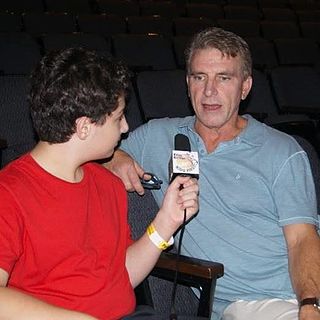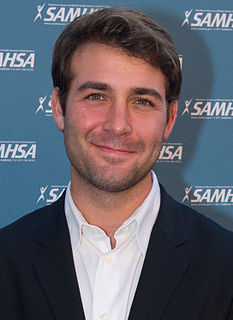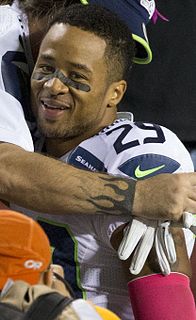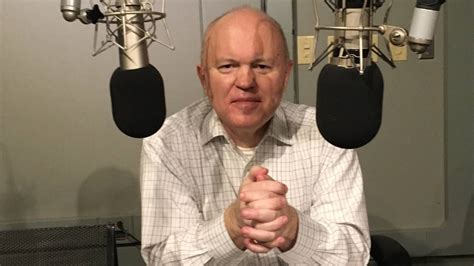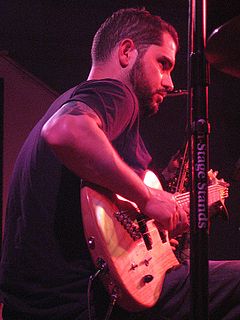A Quote by Conan O'Brien
Music and comedy are so linked. The rhythm of comedy is connected to the rhythm of music. They’re both about creating tension and knowing when to let it go. I’m always surprised when somebody funny is not musical.
Related Quotes
Whether I'm performing or directing, I'm aways thinking about rhythm; sometimes it's nailing the right rhythm, and sometimes it's intentionally breaking the rhythm. Those two things are what make something funny or not. How long a shot is and where you put the camera are all part of that rhythm of directing.




